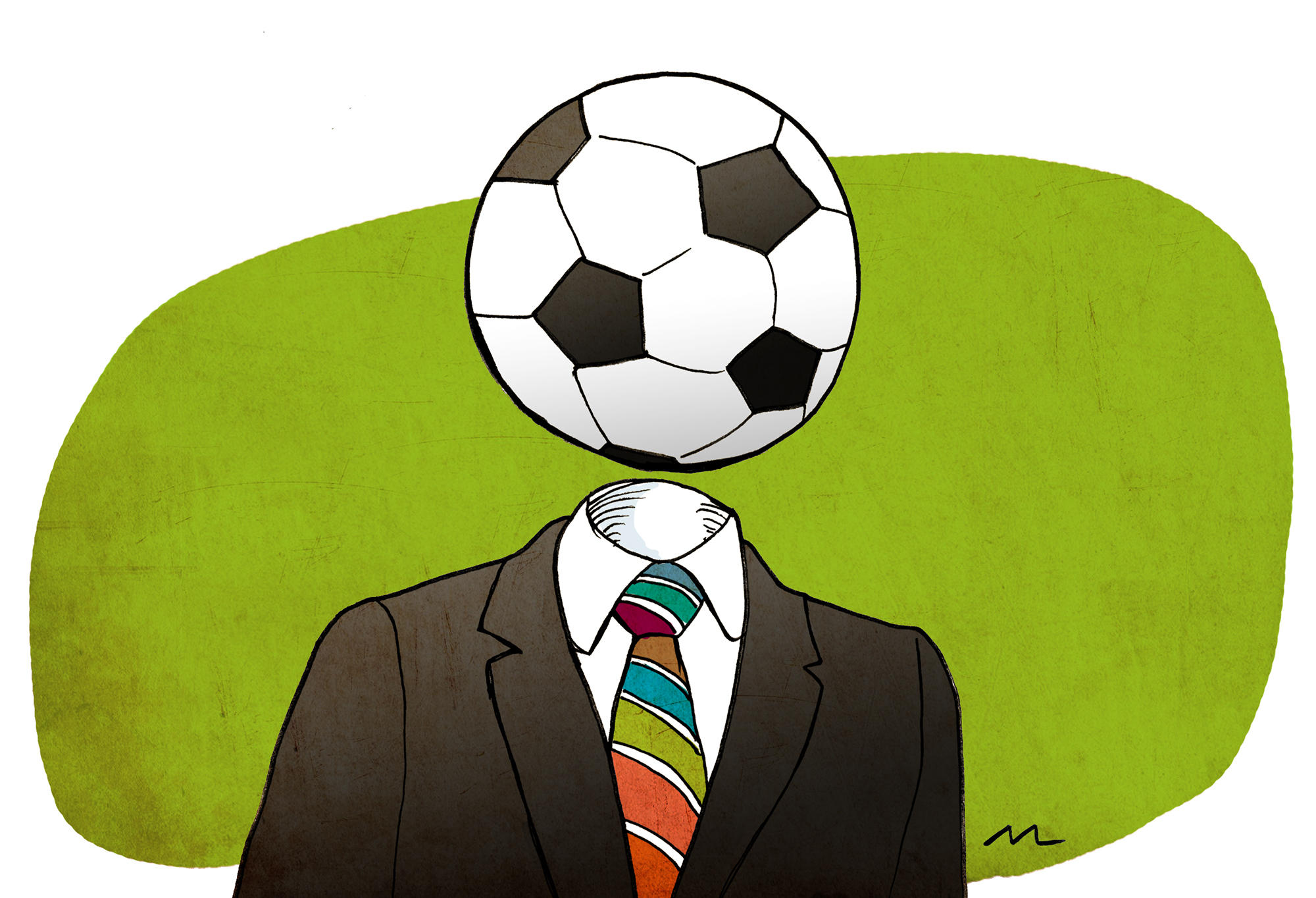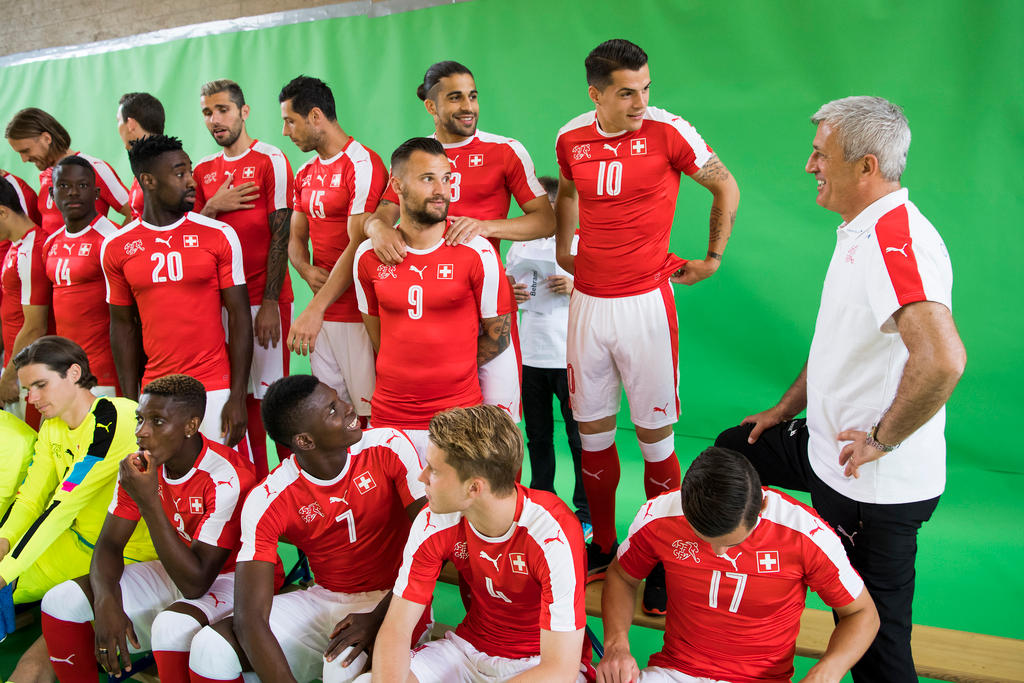Footballers without borders

Us. And them. The concept of a nation is ultimately that simple. It’s based to a large extent on fencing off people who are considered different in some way. Borders are constructed initially by a nation – or a “Willensnation”, a country united by choice – and their primary job is to separate.
That’s the theory, anyway. But fencing off can be a lot simpler. As the European football championships in France demonstrate so marvellously. It only starts getting tricky when two brothers face each other on the pitch. Xhaka versus Xhaka. That was the marketing for the game between Switzerland and Albania, the Swiss side’s first match at Euro 2016. Granit was playing for Switzerland and Taulant for Albania. Where’s the border there? The border between us and them?
In fact, the whole game between Switzerland and Albania was a case of false advertising served up to us by UEFA, European football’s governing body. What we actually saw on June 11 was Switzerland A against Switzerland B. Or, Albania 1 against Albania 2. Depends on your point of view.
It will be forever remembered as the international match in which two brothers were opponents. And by “brothers”, I don’t mean just Granit and Taulant.
From a sporting point of view, the game was decidedly mediocre, but one thing it did teach us was that the Swiss football team has been transnational for ages.

More
Switzerland: 12 nations, one team
And God knows the Swiss aren’t the only ones. Austria’s top performers are David Alaba, Marko Arnautovic and Zlatko Junuzovic. Without goals from Zlatan Ibrahimovic, Sweden wouldn’t have even been at the tournament. Germany is counting on magical passes from Mesut Özil and Sami Khedira and the “good neighbourliness” of Jerome Boateng (before the tournament, a rightwing politician in Germany said people admired Boateng as a footballer, but wouldn’t want to live next door to him).
Dark horses Belgium are pinning their hopes on Romelu Lukaku, Marouane Fellaini and Radja Nainggolan. What’s more, Croatia’s best player, Ivan Rakitic, was born and raised in Switzerland. Even Italy, that proud footballing nation, has awarded the number 10 shirt – once worn by Alessandro del Piero, Roberto Baggio and Francesco Totti – to Thiago Motta, Brazilian (and unfortunately talent-free) by birth. Homogeneity gave way to heterogeneity a long time ago.
The national football team of all things, conceived for national self-assurance, has thus become an example of how fragile the concept of “nation” has been for a while. In times of abolished border crossings, the European championships, a competition between various European nations for a trophy, come across as an anachronism.
Us and them. Today, when brothers play against each other, fencing off is harder than ever. Paradoxically, as a direct result, borders seem to be gaining significance. The concept of nationhood is returning to Europe in the form of rightwing populism. In Britain. In Austria. In Germany. In Switzerland. The more difficult the fencing off and the fuzzier the difference between us and them, the more important borders become. Even if they separate families and brothers.
The European championships may well amount to an anachronism. Seen politically, however, they’re a thoroughly contemporary anachronism.
What do you think of the Swiss national football team? Let us know!
Translated from German by Thomas Stephens

In compliance with the JTI standards
More: SWI swissinfo.ch certified by the Journalism Trust Initiative
You can find an overview of ongoing debates with our journalists here. Please join us!
If you want to start a conversation about a topic raised in this article or want to report factual errors, email us at english@swissinfo.ch.